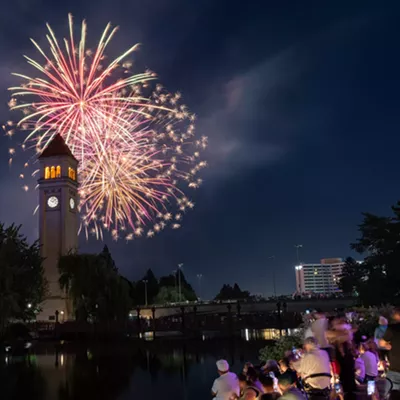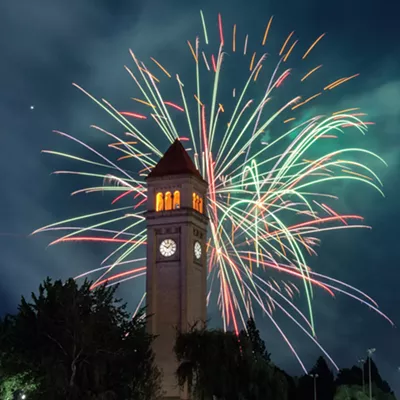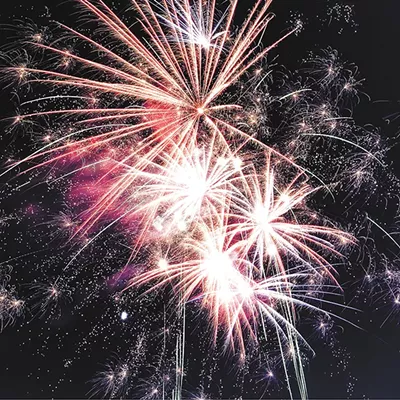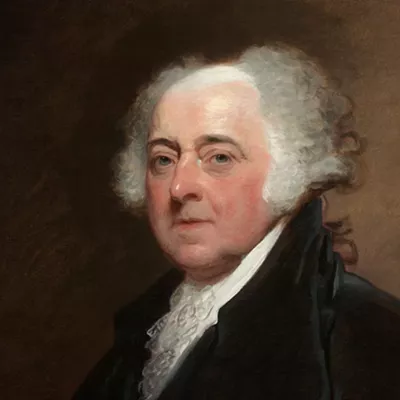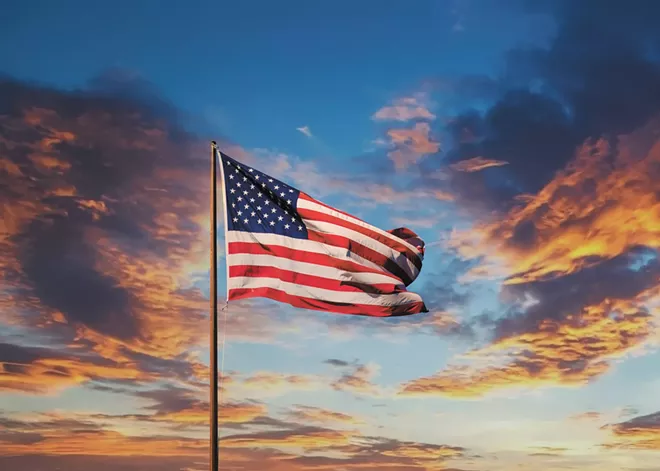
Americans have had a lot of practice in celebrating our national holiday — after all, 2024 marks the 248th anniversary of the creation of the United States of America. John Adams wrongly predicted that July 2 (the day the Continental Congress passed a resolution for independence) would be the great national holiday, but Americans quickly seized upon the adoption of the Declaration of Independence by the Continental Congress on July 4, 1776, as our country's birthday.
Today, we celebrate the Fourth by gathering with friends and family to enjoy good food and good fellowship. Grilling, suds and fireworks are the staples of July 4. But how did the founding generation celebrate the birth of the nation that they helped to make?
The answer is in much the same way that we do. James Currie wrote to Thomas Jefferson on the 10th anniversary of independence about the celebrations in Richmond, Virginia, where he ate "an Excellent dinner at Anderson's Tavern and drinking a number of proper toasts. We had the Band of Music, the discharge of Cannon, colors flying, &c. & c. manifesting our joy." Jefferson's granddaughter, Ellen Wayles Randolph, wrote Jefferson while he was serving his second term as president in 1808 that "there is to be a great Barbacue on the 4th of July in Charlottesville to which sister Ann is going." Sounds like what many of us will be up to in 2024.
But the founding generation were also aware of the political significance of July 4. Today, Americans tend to think of republics as the norm. Though monarchies remain (with our neighbors to the north, for example), republics, governed by elected presidents, are a more common form of government in the 21st century. This was not the case in the early years of the United States, where monarchies and their colonial empires ruled over much of the globe.
For the Founders, then, July 4 held a significance beyond just having a good time. It was a unique celebration that would demonstrate the republican values of self-government to the world. Jefferson wrote John Adams in 1821 of the United States' historic mission and the central place of the national holiday: "even should the cloud of barbarism and despotism again obscure the science and liberties of Europe, this country remains to preserve and restore light and liberty to them, in short, the flames kindled on the 4th of July 1776 have spread over too much of the globe to be extinguished by the feeble engines of despotism."
[We ate] "an Excellent dinner... and drinking a number of proper toasts. We had the Band of Music, the discharge of Cannon, colors flying, &c. & c. manifesting our joy." — James Currie, on the 10th anniversary of American independence
July 4 was a new kind of holiday. It did not celebrate any one individual, like a saint's day or a monarch's birthday. Rather, it marked rejoicing in the principles of self-government and shared citizenship. The rejection of monarchy stood at the center of republican forms of government, and Jefferson was particularly keen to avoid the rise of a demagogue, a king in sheep's clothing. He wrote to a friend in 1803 that he disapproved of "transferring the honours & veneration for the great birth-day of our republic, to any individual." Consequently, Jefferson "declined letting my own birthday be known, & have engaged my family not to communicate it." Our third president claimed that "the only birthday I ever commemorate is that of our Independence, the Fourth of July."
Toward the end of his life, Jefferson declined invitations to attend Independence Day celebrations. He felt that he'd become something of a novelty to the younger generation. Though he was pleased to see his fellow citizens rejoice in their shared liberty, he found the events tiresome himself.
But Jefferson could never really escape July 4. On the 50th anniversary of American Independence, two old revolutionaries lay on their deathbeds. Adams in Massachusetts and Jefferson in Virginia. In an age before the telegraph, neither knew that the other was about to draw his last breath. Adams' final words were "Jefferson still lives." Adams, again, was wrong, for the Sage of Monticello was already dead. His final words? "This is the Fourth?" ♦
Lawrence B.A. Hatter is an award-winning author and associate professor of early American history at Washington State University. These views are his own and do not reflect those of WSU.



